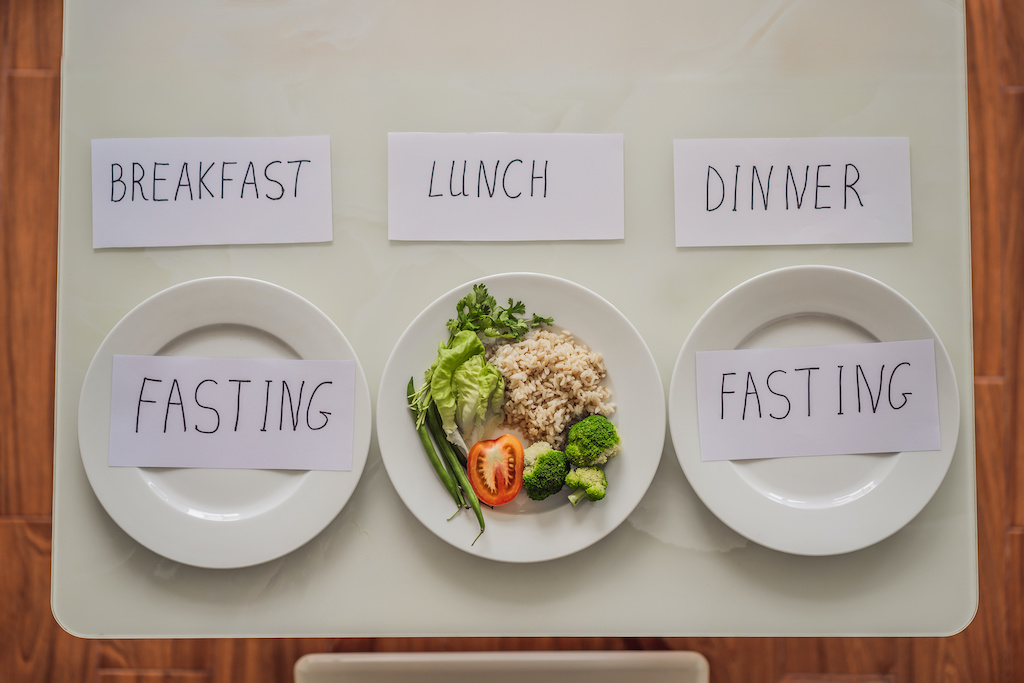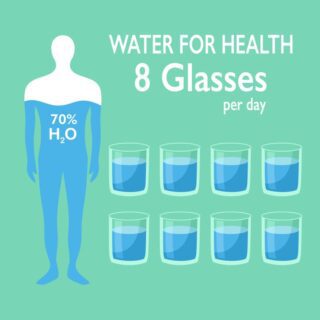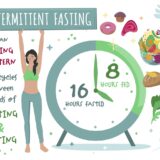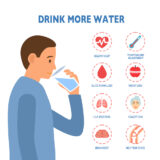Intermittent Fasting: A Powerful Tool for Weight Loss and Health

Introduction
Intermittent fasting (IF) has become one of the most popular trends in weight loss and health management. Unlike traditional diets that focus on what to eat, intermittent fasting focuses on when to eat. This article explains how intermittent fasting works, its benefits, and how to incorporate it into your lifestyle.
What is Intermittent Fasting?
Definition:
- Intermittent fasting is an eating pattern where you cycle between periods of eating and fasting. There are different methods, but all involve dividing the day or week into periods of eating and fasting.
Common Intermittent Fasting Methods:
- 16/8 Method: Involves fasting for 16 hours and eating during an 8-hour window. Many people choose to skip breakfast and eat between noon and 8 PM.
- 5:2 Method: You eat normally for five days of the week and limit your calorie intake to 500-600 calories for two non-consecutive days.
- Eat-Stop-Eat: This method involves a 24-hour fast once or twice a week.
Benefits of Intermittent Fasting
Promotes Weight Loss:
- By limiting the time you spend eating, intermittent fasting can naturally reduce calorie intake, leading to weight loss. It also enhances fat burning by lowering insulin levels during the fasting period.
Improves Metabolic Health:
- Intermittent fasting helps regulate blood sugar levels, improves insulin sensitivity, and reduces inflammation, contributing to better metabolic health.
Boosts Cellular Repair:
- Fasting triggers a process called autophagy, where cells remove damaged components and regenerate, promoting overall health and longevity.
Simplifies Meal Planning:
- With fewer meals to plan and prepare, intermittent fasting simplifies your routine, making it easier to stick to healthy eating habits.

How to Incorporate Intermittent Fasting into Your Lifestyle
Start Slowly:
- If you’re new to fasting, ease into it by starting with a 12-hour fast and gradually increasing the fasting window as your body adapts.
Stay Hydrated:
- Drink plenty of water during the fasting periods to stay hydrated and avoid hunger pangs. Herbal teas and black coffee are also allowed during fasting.
Eat Nutrient-Dense Meals:
- Focus on whole, nutrient-rich foods during eating periods to ensure your body gets the nutrients it needs to function optimally.
Listen to Your Body:
- Pay attention to how your body responds to intermittent fasting. If you experience fatigue or discomfort, adjust your fasting window or consult a healthcare provider.
Conclusion
Intermittent fasting is a powerful tool for weight loss and improving overall health. By following the method that best fits your lifestyle and focusing on nutrient-dense meals, you can achieve your weight management and health goals effectively.
Summary:
- Intermittent fasting focuses on when to eat, with popular methods like the 16/8 and 5:2 patterns.
- It promotes weight loss by reducing calorie intake and boosting fat burning, while also improving metabolic health and cellular repair.
- Start slowly, stay hydrated, and focus on nutrient-dense meals for best results.
- Intermittent fasting is a flexible, effective strategy for weight loss and health improvement.

This article reviewed by Dr. Jim Liu, MD and Ms. Deb Dooley, APRN.
There’s nothing more important than our good health – that’s our principal capital asset.
#medical #telehealth #umedoc










